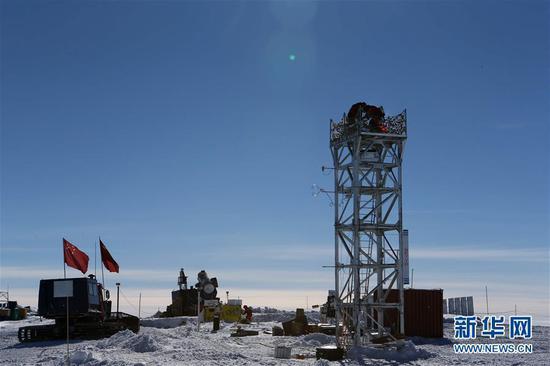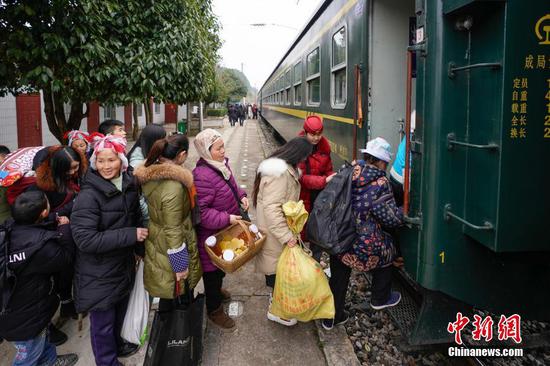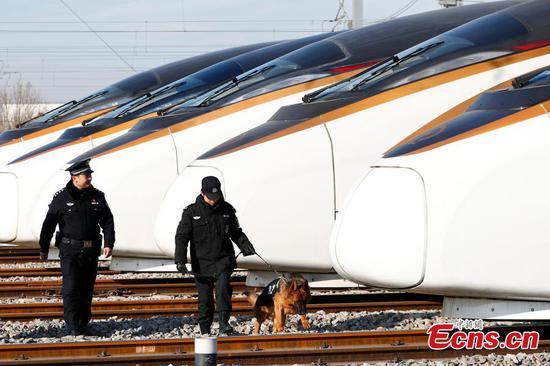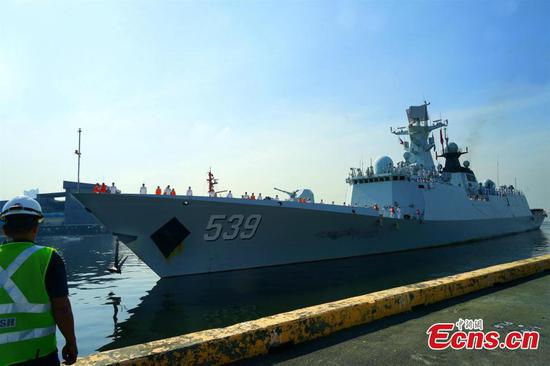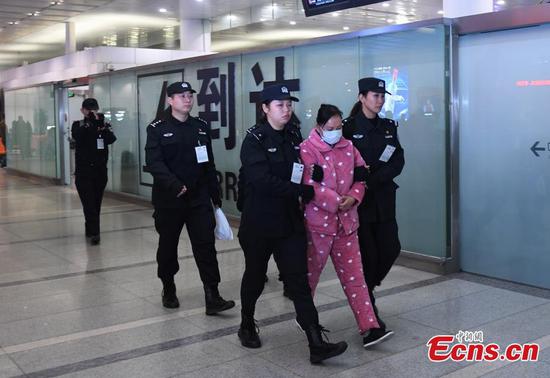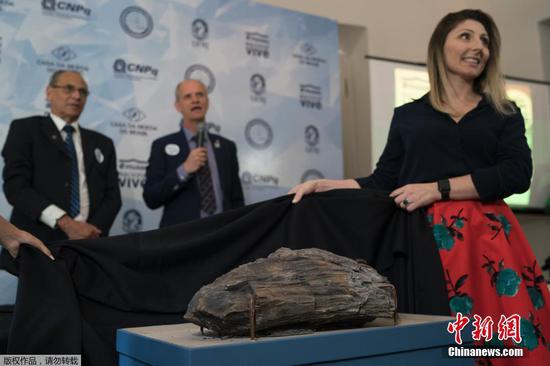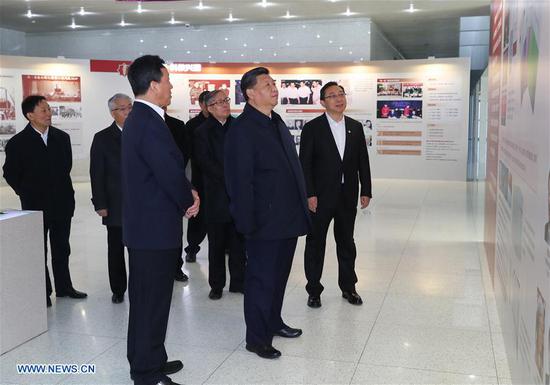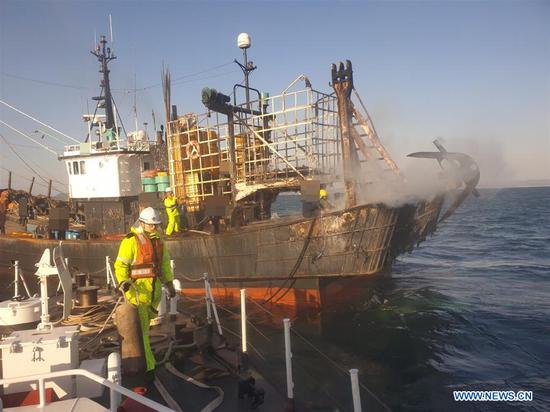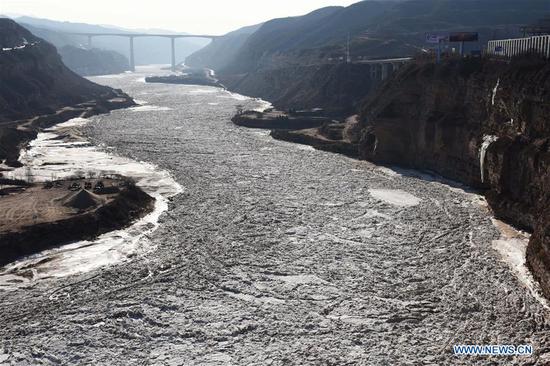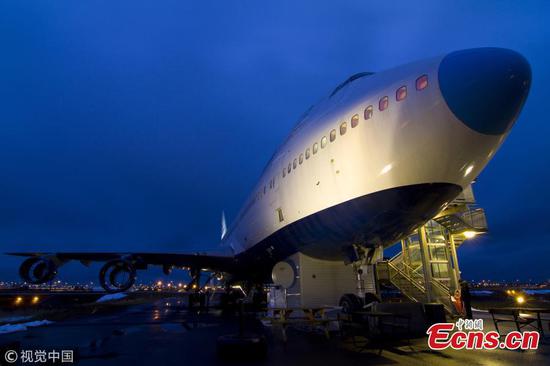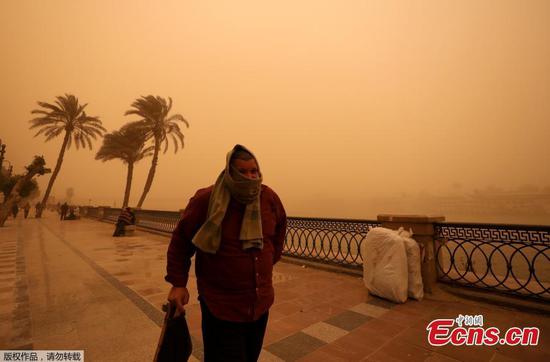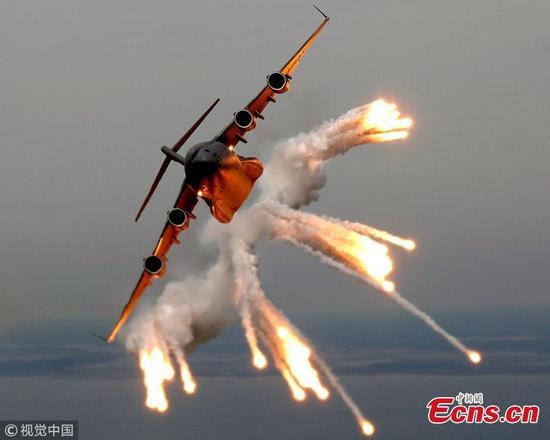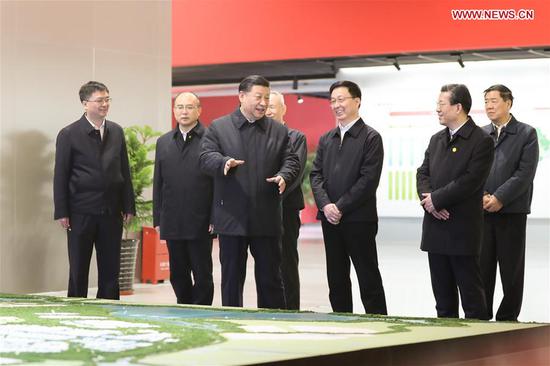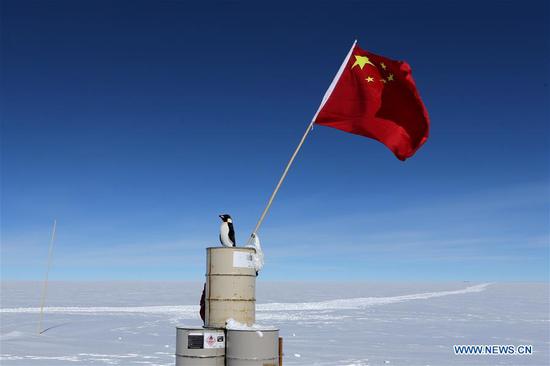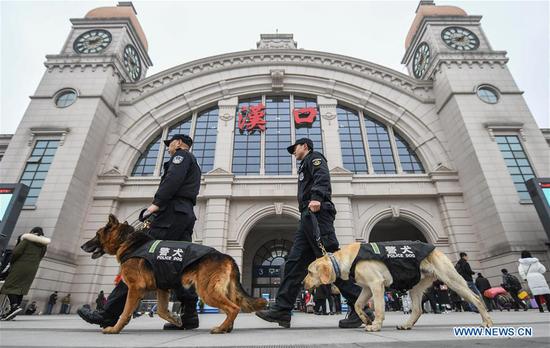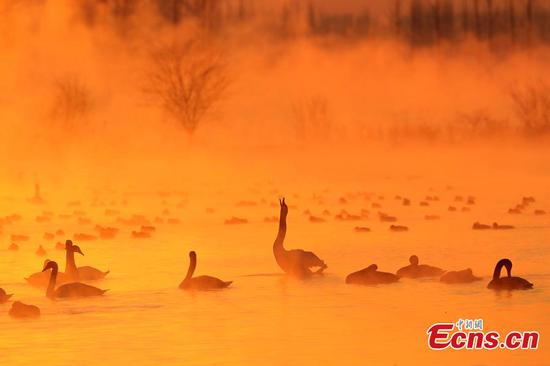Annual gathering to strive for inclusive growth, renewed collaboration
Just six days before more than 3,000 VIPs were due to land in the small Swiss ski resort of Davos for the annual World Economic Forum, its organizers issued a warning of grave global challenges.
In its Global Risks Report 2019, the WEF highlighted several climate-related risks as well as those posed by a slowing world economy, geopolitical rivalry, weapons of mass destruction, cyberattacks, the spread of infectious diseases and large-scale migration.
"Global risks are intensifying, but the collective will to tackle them appears to be lacking. Instead, divisions are hardening," said the report.
The report cautioned that the idea of "taking back control"-whether domestically from political rivals or externally from multilateral or supranational organizations-resonates across many countries and issues.
This was probably a reference to United States President Donald Trump's America First policy, Brexit and growing populism in several industrialized nations, widely viewed as anti-globalization forces.
Geopolitical tensions are rising among the world's major powers, and these tensions currently represent the most urgent global risks, the report said.
"We are moving from a unipolar to a multipolar world. We are also moving from a uni-conceptual to a multi-conceptual world," Klaus Schwab, founder and executive chairman of the WEF, said at a news conference in Geneva, on Tuesday.
"Dialogues in order to create mutual understanding are more necessary than ever before because we have to look at how in a world in which we do not necessarily share values, we share at least common interests," said Schwab, who founded the forum in 1971.
Klaus Schwab, Founder and Executive Chairman of the World Economic Forum addresses a news conference ahead of the Davos annual meeting in Cologny near Geneva, Switzerland, Jan 15, 2019. [Photo/Agencies]
His comments came as several prominent world leaders canceled their trips to the annual gathering to cope with domestic issues. Trump announced on Jan 10 that he would not go to Davos due to a partial federal government shutdown and his fight with the Democrats over funding for a wall on the Mexican border.
On Thursday, the White House confirmed that Trump had canceled his delegation's trip to Davos due to the government shutdown-the longest in U.S. history. Secretary of State Mike Pompeo, Treasury Secretary Steven Mnuchin and Commerce Secretary Wilbur Ross had all been expected to attend and speak at a number of high-profile events to explain the often controversial policies of the Trump administration.
French President Emmanuel Macron, haunted by 10 weeks of massive protests by the yellow vests movement, also canceled his trip to the WEF, which will be held from Tuesday to Friday.
United Kingdom Prime Minister Theresa May, whose Brexit deal was defeated last week in Parliament but who narrowly survived a no-confidence vote, will also miss Davos to deal with the turmoil at home just 10 weeks before her country is due to leave the European Union.
However, Schwab said he is proud of the unprecedented participation from emerging powers, such as the more than 140 Chinese participants-with 11 at ministerial level-and more than 100 attending from India.
According to a study by multinational banking and financial services company Standard Chartered released early this month, China and India will be the world's top two economies by 2030 measured by nominal GDP using purchasing power parity exchange rates. By 2030, seven of the top 10 places will be dominated by emerging economies, which also comprise Indonesia, Turkey, Brazil, Egypt and Russia.
Vice-President Wang Qishan will attend the WEF while also paying an official visit to Switzerland. He is scheduled to deliver a speech on Wednesday afternoon.
Other prominent world leaders who will attend include Japanese Prime Minister Shinzo Abe, German Chancellor Angela Merkel, new Brazilian President Jair Bolsonaro and Italian Prime Minister Giuseppe Conte. Some 65 heads of state and top international organizations are expected to be among about 3,000 government, business and civil society leaders from the more than 110 countries attending.
Economic slowdown
On Monday, just a day before the formal start of the WEF, Christine Lagarde, managing director of the International Monetary Fund, will present an update on the World Economic Outlook-a survey conducted and published by the Fund-in Davos. She is likely to renew the IMF's call on countries to foster cooperation to tackle challenges that extend beyond their borders, curb excess imbalances, strength-en inclusive growth, build resilience and improve convergence prospects for low-income developing countries.
In its World Economic Outlook report in October, the IMF cut its global growth forecast for last year by 0.2 percentage points to 3.7 percent partly due to trade tensions between the U.S. and its trading partners.
The IMF warned that escalating trade tensions and the potential shift away from a multilateral, rules-based trading system are key threats to the global outlook. It said intensified trade tensions and rising policy uncertainty could dent business and financial market sentiment, trigger market volatility and slow investment and trade.

















